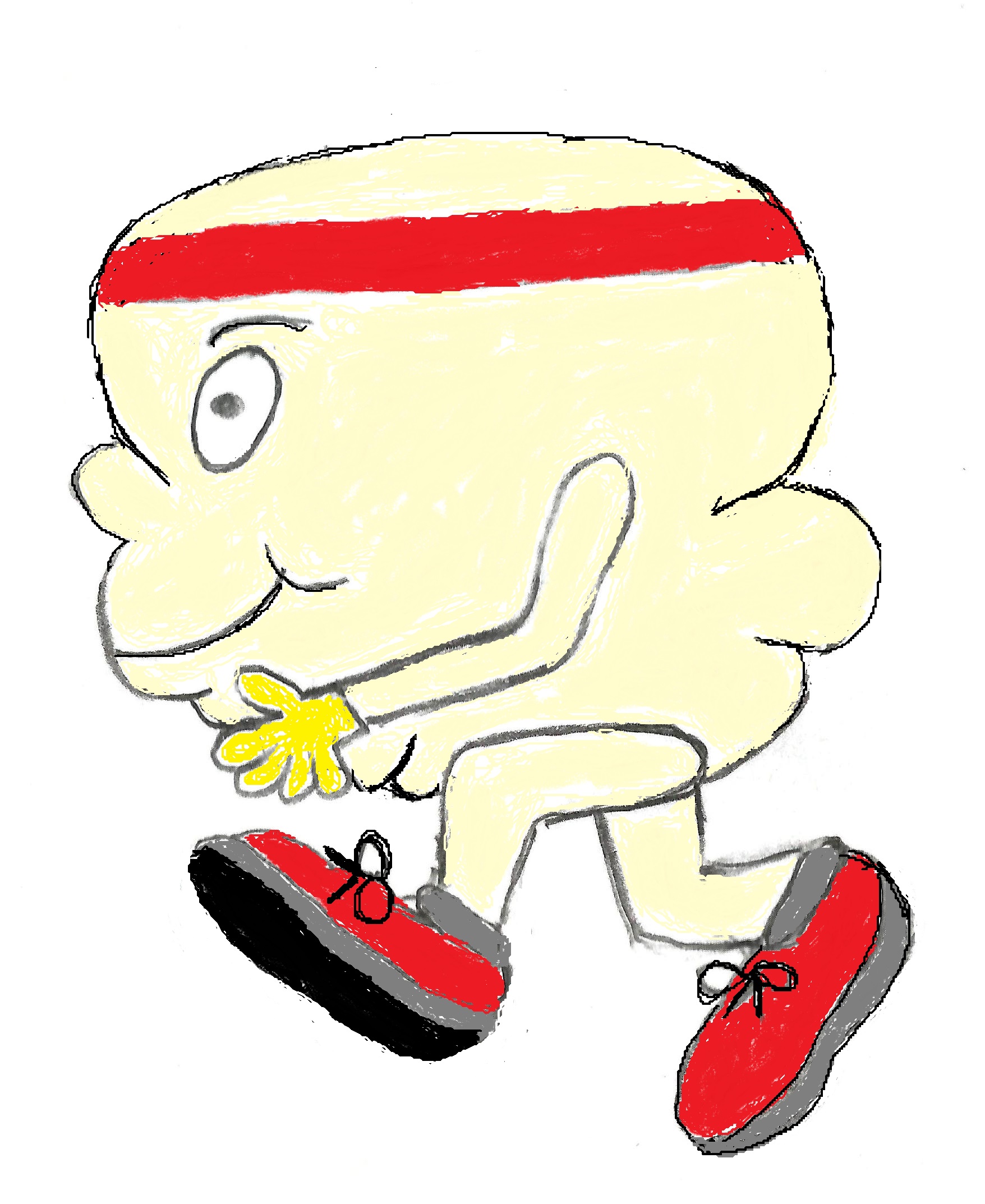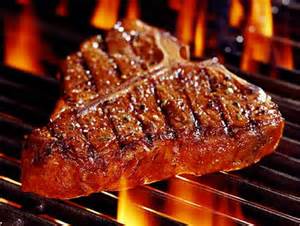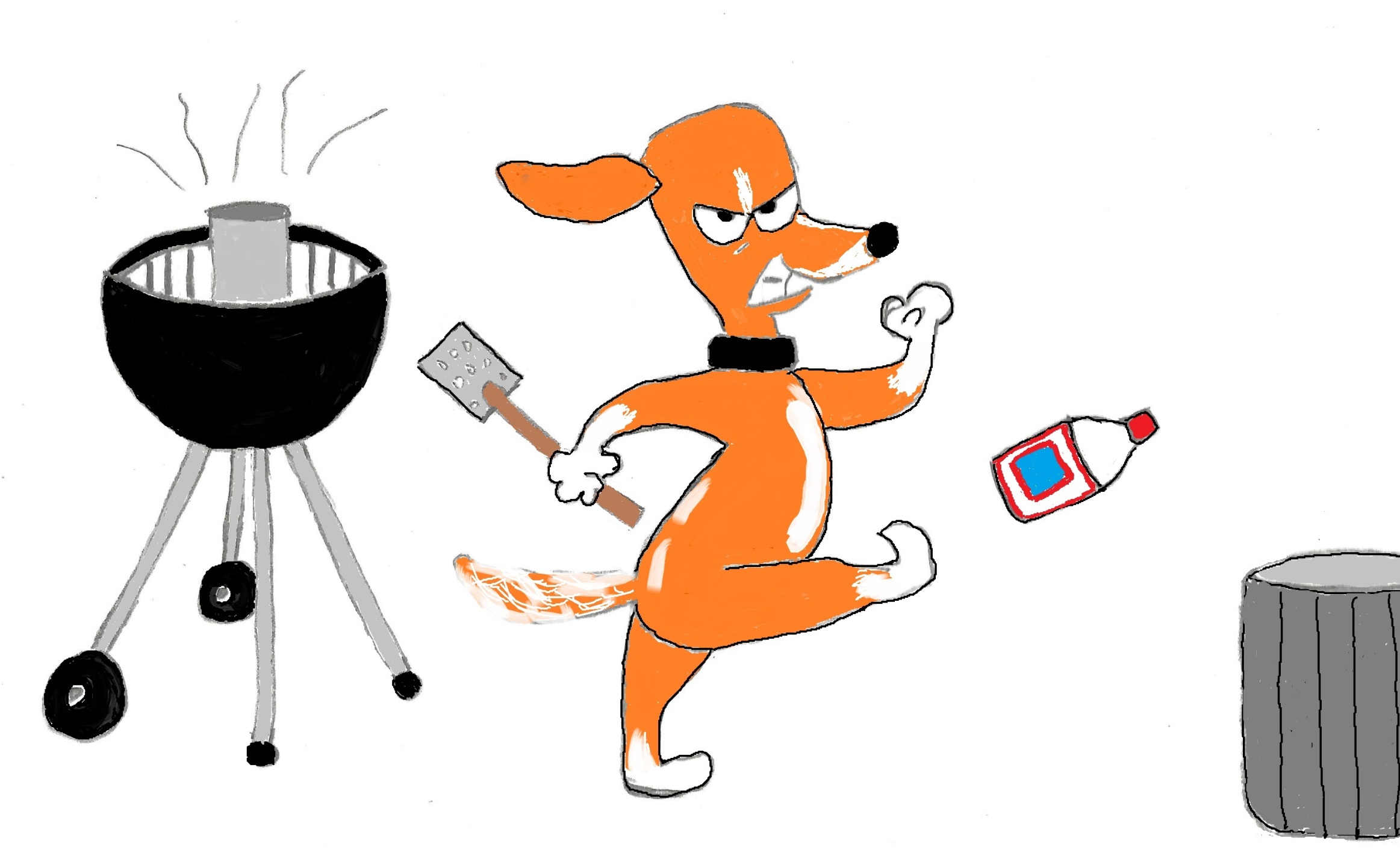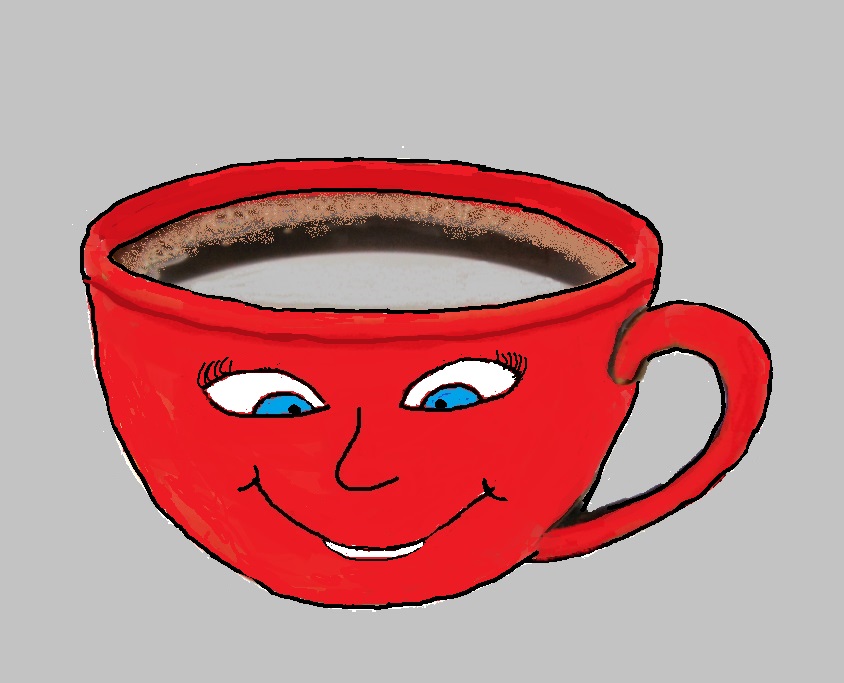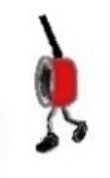- Home
- Non Toxic Food
- Avoiding Plastic Appliances
Avoiding Plastic Appliances
Avoiding plastic appliances can reduce your exposure to toxins. The studies I talked about in the article Reasons and Solutions for Avoiding Plastics show that any type of plastic can leach toxins into food. And in many cases temperature plays a role in whether leaching will occur. So it’s safe to assume that food cooked in plastic appliances will absorb plastic toxins. There are non toxic options available for some types of small appliances, such as steamers and coffee makers.
Plastic in Small Appliances
Small appliances are often made with or include polycarbonate plastic, because it is strong and almost shatter-proof. But we know polycarbonate plastics contain BPA. Poly vinyl chloride is also used in plastic appliances, exposing you to phthalates the most commonly used plasticizers in the world. The tiny particles of plasticizers contained within plastics are very mobile. They are not bound to the products they are in so they leach out easily.
Solutions for Avoiding Plastic Steamers and Rice Cookers

Steaming is a great way to prepare healthy meals. So don’t make your healthy meals toxic by using a plastic steamer. Stainless is the way to go. Let me repeat that. Stainless is the way to go for stovetop and electric steamers.
I like the convenience of an electric steamer. Sometimes I get lazy and just pop some veggies in a large Pyrex bowl, cover the bowl with a plate, and steam them in the microwave. But most of the time the steamer I use is the Secura 3-Tier 9-Quart Stainless Steel Electric Food Cooker Rice Steamer. I like this steamer because it has separate pans so I can make several different things at once. And if the cooking times are different, I just put the food that is done first at the top so I can easily remove it while everything else cooks.
The
Lotus Foods Stainless Steel Rice Cooker and Steamer is another option. It has a
large pot for steaming rice and a smaller one for steaming veggies. Aroma ARC-753SG 3-Cup Simply Stainless Rice
Cooker is a non toxic option for making rice.
Solutions for Avoiding Plastic Coffee Makers
If you love the taste of drip coffee there are no non toxic options unless you’re willing to try the manual drip method. I use a porcelain drip system that is quite handy when the power goes out, which happens at my house whenever the wind blows or a tree falls in the forest. This method is low tech, cheap and makes great coffee. There are also glass and stainless steel options.
On the downside, it is time-consuming because you need to be present for you coffee brewing. You need to boil water and then pour it slowly over medium to coarse coffee grounds. For precise pouring control try a Pour Over Coffee and Tea Kettle
Percolating your coffee is a great non toxic alternative. Electric, stainless steel percolators are made by West Bend, Cuisinart and Farberware. Be aware that these pots are not known to last long. However, I found an older USA made Farberware pot on eBay that I’ve used for years. Stove-top stainless and glass options are also available.
If you’ve never had percolated coffee you’ll be amazed at how much better it is than drip from a coffee maker. Medium ground coffee works best in percolators. I like to use finely ground so I place an unbleached paper filter inside the pot filter so that no grounds end up in my coffee.
If you’re a French Press coffee connoisseur,
then you have plenty of stainless steel and glass options. Just make sure that
the plunger is not plastic.
Specialty Appliances
Because I have a small kitchen with very little storage, I pretty much consider that everything except coffee makers and steamers fit in this category. Some examples of specialty appliances include tea makers, hot chocolate makers and electric water kettles. It’s tough to find non plastic versions of specialty appliances. Ceramic and stainless steel water kettles are available. Avoid those that have plastic parts or seams joining two different materials together that come in contact with water.
Preparing your food in appliances that won’t leach chemical toxins is a key part of healthy eating and cooking. The next time you’re in the market for a small appliance, consider not just its features and benefits, but also what it’s made of. Try to avoid plastic appliances and non stick cooking surfaces to protect your health.

